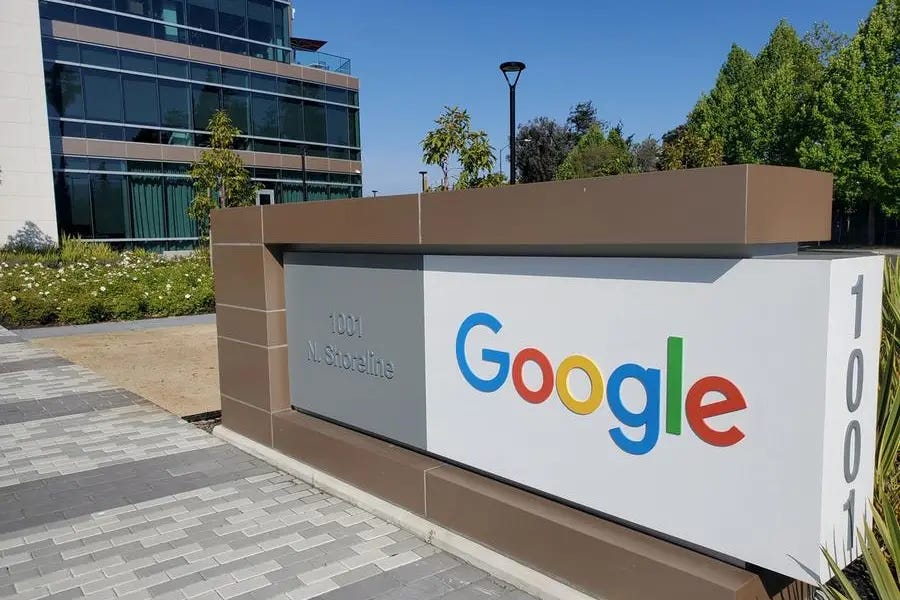Google's Ad Tech Empire Faces Potential Breakup After Landmark Antitrust Ruling
A U.S. judge has ruled that Google illegally monopolized the ad tech market, potentially leading to a significant restructuring of the company's advertising business. This ruling could have major implications for the digital advertising landscape, impacting publishers, advertisers, and consumers across the globe, including the MENA region.
Key Details of the Ruling
Judge Beth Labson Freeman found that Google violated antitrust laws by leveraging its dominance in search and other areas to stifle competition in the ad tech sector. The Department of Justice (DOJ) brought the case, arguing that Google's control over key parts of the ad tech stack – from ad exchanges to ad serving tools – allowed it to unfairly favor its own products and disadvantage rivals.
The specific violations cited included:
Monopolization of Ad Tech Tools: Google's control over tools used by publishers to sell ad space and advertisers to buy it was deemed anticompetitive.
Anti-Competitive Acquisitions: The DOJ argued, and the judge agreed, that Google's acquisitions, particularly of DoubleClick, cemented its dominance and harmed competition.
Implications for the Ad Tech Industry
This ruling could reshape the digital advertising ecosystem, potentially leading to:
Forced Divestitures: The judge may order Google to sell off parts of its ad tech business, such as its ad exchange or ad server. This could lead to the emergence of new, independent players in the market.
Increased Competition: A breakup of Google's ad tech empire could foster more competition, potentially leading to lower ad prices and more innovation.
Impact on Publishers in MENA: Publishers in the MENA region who rely on Google's ad tech tools may see changes in how they monetize their content. A more competitive landscape could offer new opportunities for revenue generation.
Opportunities for Regional Ad Tech Companies: The ruling could create space for MENA-based ad tech companies to grow and compete, offering alternatives to Google's services.
Potential Remedies
The court will now consider potential remedies, which could include:
Structural Relief: This could involve forcing Google to divest parts of its ad tech business. This is the most drastic option and could have the biggest impact on the market.
Behavioral Remedies: These could include restrictions on how Google operates its ad tech business, such as preventing it from favoring its own products or discriminating against rivals.
The DOJ is pushing for structural relief, arguing that it is the only way to effectively address Google's anticompetitive conduct. Google, on the other hand, is likely to argue for behavioral remedies, which would allow it to retain control over its ad tech assets.
Impact on MENA Startups and Tech Professionals
For startups and tech professionals in the MENA region, this ruling presents both challenges and opportunities. The changes in the ad tech landscape could require businesses to adapt their advertising strategies and explore new platforms and tools. However, it could also create opportunities for innovative companies to develop alternative solutions and gain market share.
Looking Ahead
The next phase of the case will focus on determining the appropriate remedies. The judge's decision could have far-reaching consequences for the digital advertising industry and could serve as a precedent for other antitrust cases against dominant tech companies. It remains to be seen how Google will respond and wha the ultimate outcome will be. The developments should be monitored closely by startups and tech professionals in the MENA region, as they could significantly impact the digital landscape in the years to come.
Source: TechCrunch


